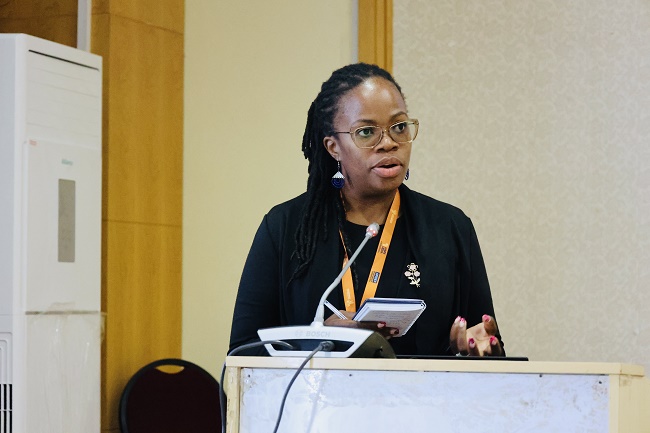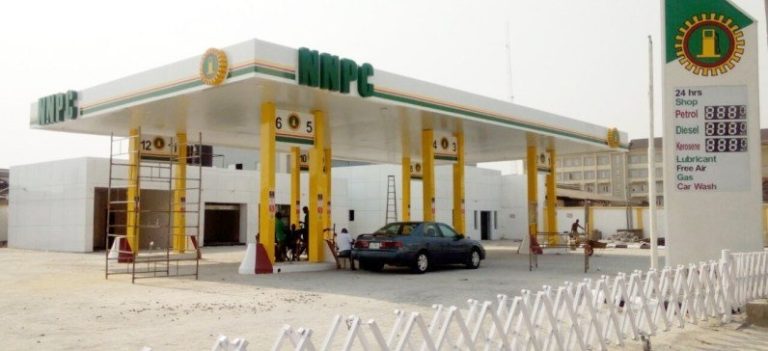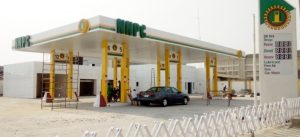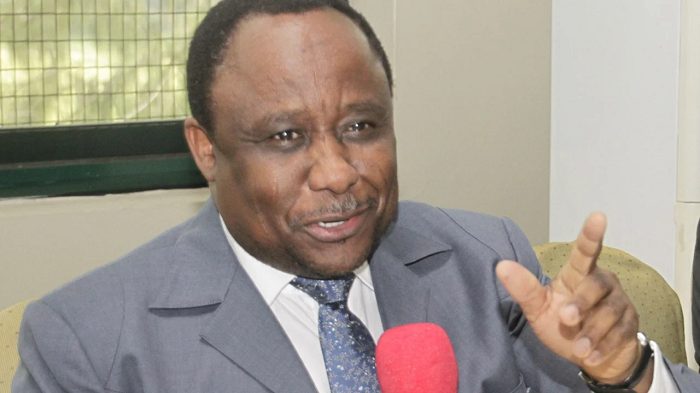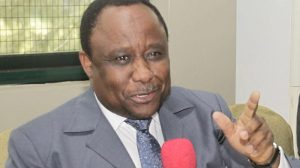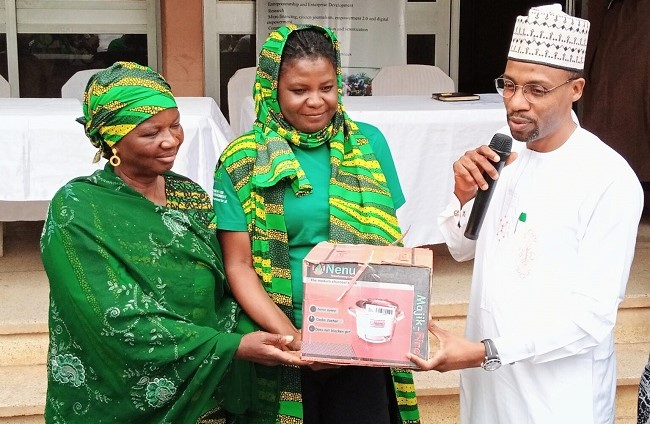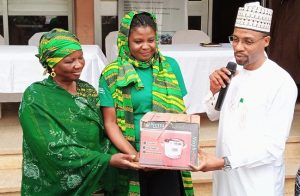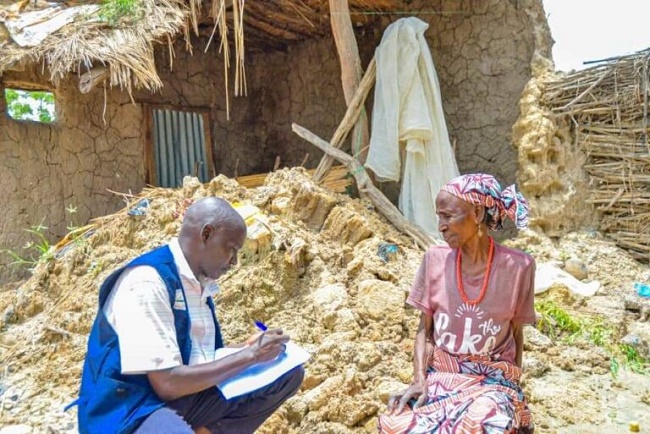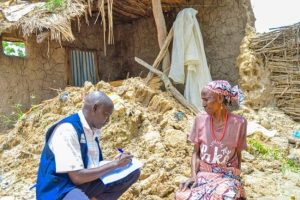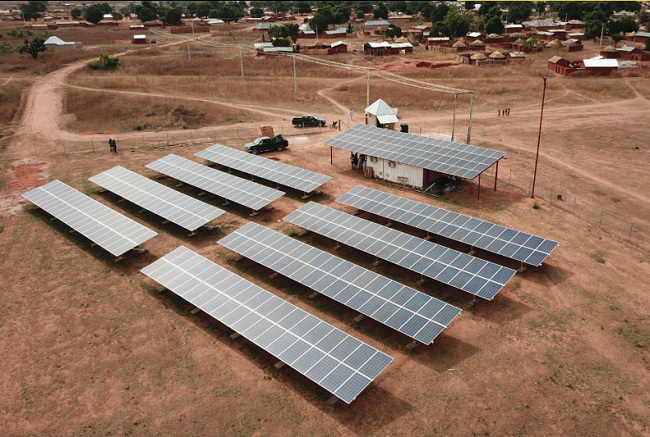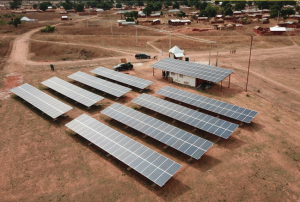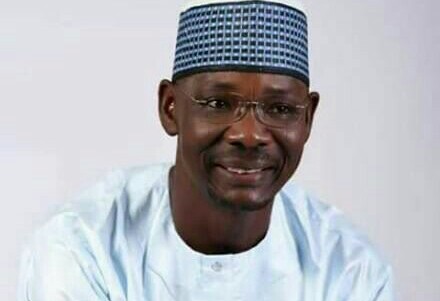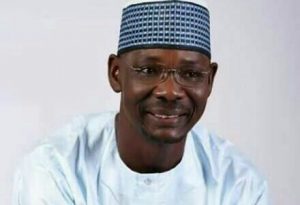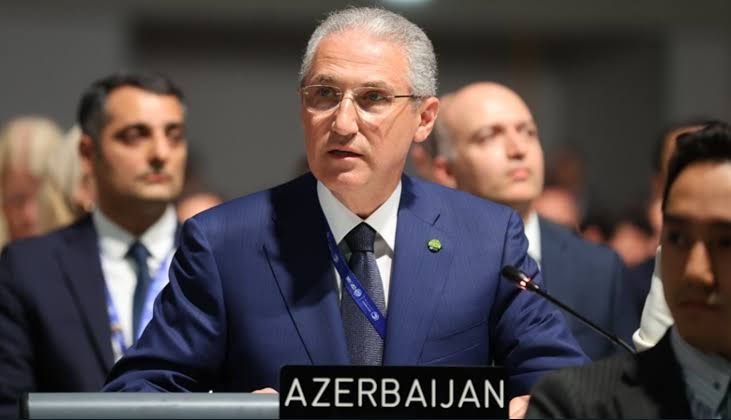A recent study published in the BMJ, a leading health journal, lauds the proactive measures taken by the governments of Kenya and Ethiopia to sustain childhood immunisation coverage during the COVID-19 pandemic, despite substantial disruptions to healthcare services.
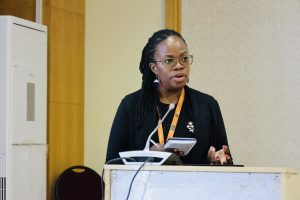
Conducted by researchers at the African Institute for Development Policy (AFIDEP) led by Chifuniro Somanje Mankhwala, the study underscores the critical role of community-based healthcare, mobile vaccination units, and collaborative mass vaccination campaigns in bolstering immunisation programmes against pandemic-induced challenges, including supply chain disruptions and healthcare access issues.
Immunisation remains a cornerstone of public health, offering a cost-effective means to reduce child morbidity and mortality from preventable diseases like measles, rubella, polio, pneumonia, tuberculosis, diphtheria, tetanus, and pertussis.
The World Health Organisation (WHO) defines full vaccination for children as the administration of the BCG vaccine against tuberculosis, three doses of the DPT-HepB-Hib (pentavalent) vaccine, and vaccines against polio (OPV3) and measles.
Titled “Assessing the Resilience of Child Immunisation Programmes Using Geospatial Modelling and Interrupted Time Series Analysis in Ethiopia and Kenya Amidst the COVID-19 Pandemic: Tracking Coverage and Identifying Key Challenges,” the study reveals that while national-level immunisation disruptions in both countries were short-term and statistically insignificant, significant coverage changes were observed at subnational levels.
For instance, Kenya saw notable changes in several counties, while Ethiopia experienced significant alterations in its southeastern regions.
The study’s findings are particularly pertinent in light of the emerging global threat posed by Mpox (formerly known as monkeypox), which further underscores the importance of resilient immunisation programmes.
The lessons learned from Kenya and Ethiopia’s experiences during the COVID-19 pandemic can provide valuable insights for other nations grappling with the dual challenges of ongoing pandemic recovery and emerging health threats like Mpox.
Mpox, which has been declared a public health emergency of international concern, shares similarities with smallpox and requires a robust public health response to prevent its spread, especially among vulnerable populations.
Already the Democratic Republic of Congo, Burundi, Kenya, Rwanda and Uganda in Eastern Africa and Cote d’Ivoire in West Africa have each confirmed mpox cases and the WHO is considering a global action close to what obtained in COVID-19.
A critical meeting held in South Africa by the WHO Africa region last week discussed urgent measures to address the rising number of mpox cases. It also proposed a review of the regional risk assessment given the acute situation. WHO has engaged in technical coordination meetings with the Ethiopia-based Africa Centres for Disease Control and Prevention (Africa CDC) to develop a joint mpox taskforce.
The preservation of routine immunisation services, even in the face of new global health threats, is essential to protect children from preventable diseases and to maintain progress toward global health goals.
Lead researcher Chifuniro, Somanje Mankhwala, emphasised the importance of identifying and prioritising cold spots – areas with low vaccination coverage – for targeted interventions. This approach is vital for improving coverage rates and reducing under-5 child mortality in sub-Saharan Africa, aligning with WHO recommendations.
Moreover, national governments and development partners must ensure the continued allocation of resources to immunisation programmes, resisting the diversion of funds even in the face of climate-related or emerging health crises.
The study draws on routine data from the Health Management Information Systems (HMIS) of Kenya and Ethiopia, analysing the coverage of five mandatory vaccines for children. The use of District Health Information Software 2 (DHIS2), a global open-source platform, enabled the researchers to compute proportion estimates across various year-location combinations, providing a clear picture of temporal trends and changes in immunisation coverage.

